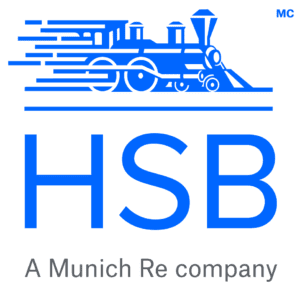Question about Hematologist sending my blood work to Quest Diagnostics
TL;DR – Over the years, the web and the world have changed. Since our launch in 1997, Google Search has continued to evolve to help you access information in more helpful ways. Now you can explore every innovation over the past 23+ years — from the early days and when it was just 10 blue links to today where you can search what you see with Lens. Explore Search Through Time today.
Let’s take a closer look at some of Google Search’s most memorable milestones.
In this thread you’ll find…
2001: Did you mean?
2006: Trends
2012: Knowledge Graph
2019: BERT
2022: Multisearch
https://i.redd.it/th0294050sf91.png
2001: “Did you mean?” launches using the spelling algorithm
We launched our first spell checking feature, showing “Did you mean” with suggested spelling corrections. Previously, if your search had a misspelling, we’d help you find other pages that had the same misspelling, which aren’t usually the best pages on the topic.
https://i.redd.it/c1hfpn770sf91.png
2006: New insights are uncovered with the launch of Google Trends
One of the first projects for the newly established Google office in Israel, Google Trends uses aggregated data to better understand what people are interested in and identify rising topics early — from seasonal trends to cultural moments.
Today, Google Trends is the world’s largest free dataset of its kind, and has become a way for journalists, researchers, scholars, and brands to uncover insights into what the world is searching for.
https://i.redd.it/okjjgi780sf91.png
2012: The Knowledge Graph taps into the web’s collective wisdom
In 2012, we introduced the Knowledge Graph, a vast collection of the people, places and things in the world and how they’re related to one another. But what is it, exactly?
https://i.redd.it/8oz06iz80sf91.png
The Knowledge Graph is a database of billions of facts and information from materials shared across the web. It makes it easier to get quick answers to questions like “How tall is the Eiffel Tower?” or “What did Marie Curie discover?” and to find information about celebrities, cities, sports teams, movies, art, and more. We give you a quick snapshot of all that information in Knowledge Panels. The Knowledge Graph has collected over 500 billion facts about five billion entities, helping people around the world find accurate, up-to-date information from trusted sources.
https://i.redd.it/1nw5shw90sf91.png
2019: BERT helps us understand searches better than before
Every day, 15% of Google searches are new. It’s our job to surface helpful information from the web, no matter how people spell or combine the words in their searches. In 2018, we introduced and open-sourced a neural network-based technique to train our language understanding models called BERT, short for Bidirectional Encoder Representations from Transformers. BERT models process words in relation to all the other words in a sentence, rather than one-by-one in order. This means that BERT models can consider the full context of a word by looking at the words that come before and after it. Even with BERT, we don’t always get it right. Language understanding remains an ongoing challenge-one that drives us to continue to improve Search.
https://i.redd.it/n0pm7nua0sf91.png
2022: Go beyond the search box with multisearch
In 2022, we created an entirely new way to search: using text and images at the same time called multisearch.
https://i.redd.it/p26zln4e0sf91.png
With multisearch, you can go beyond the search box and ask questions about what you see — you can ask a question about an object in front of you or refine your search by color, brand or a visual attribute. You can screenshot a stylish orange dress and add the query “green” to find it in another color, snap a photo of your dining set and add the query “coffee table” to find a matching table, or take a picture of your rosemary plant and add the query “care instructions.”
All this is made possible by our latest advancements in artificial intelligence, which is making it easier to understand the world around you in more natural and intuitive ways.
Explore these Google Search innovations and more today.




